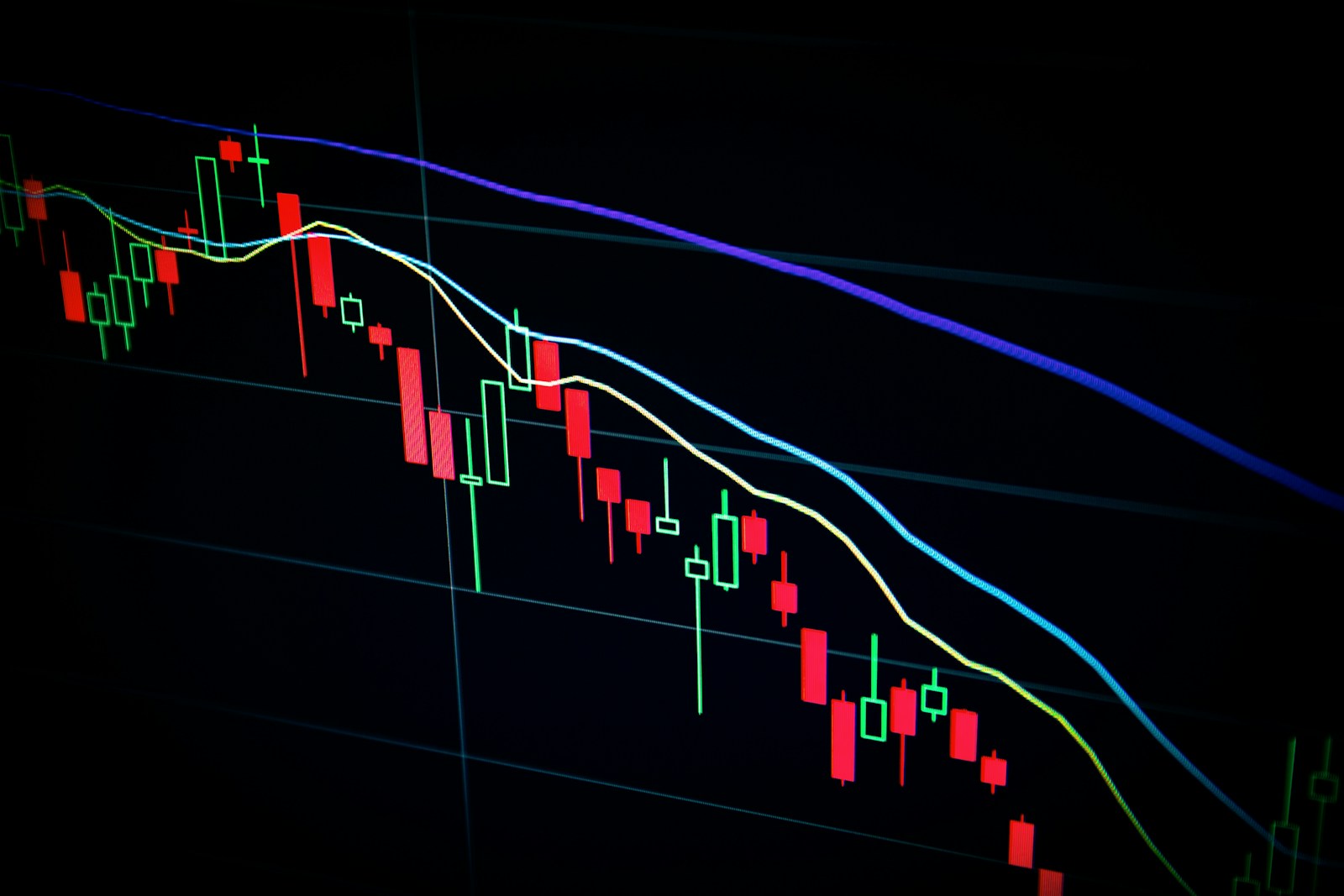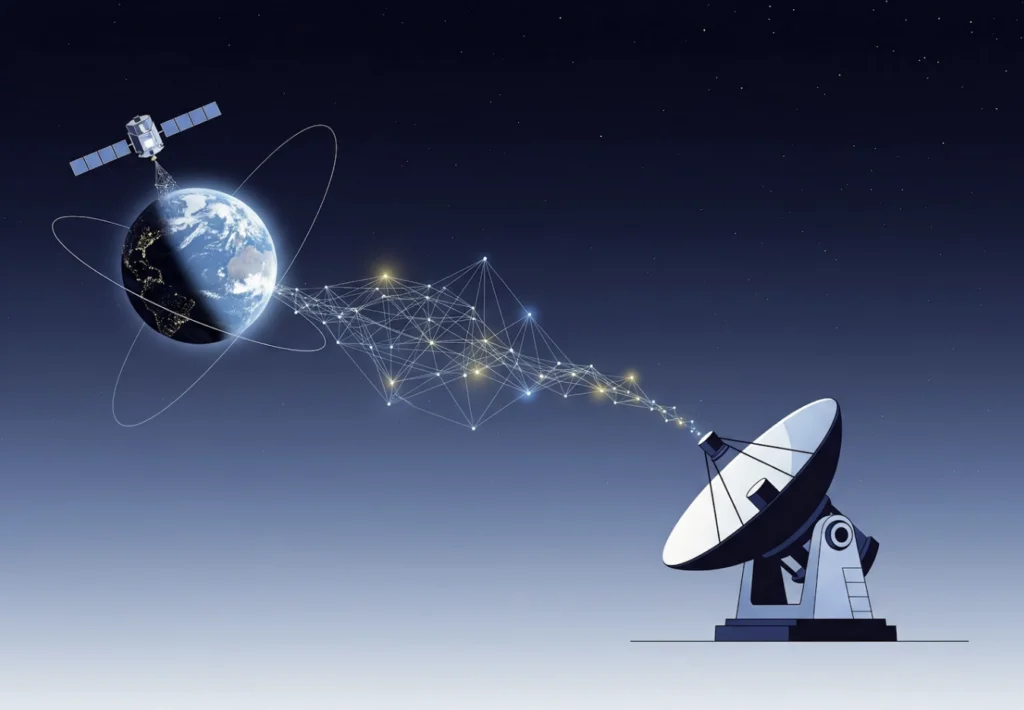Insider Brief
- Zapata AI’s shares dropped significantly on its first day of public trading on NASDAQ at ZPTA.
- Financial media is reporting that the the steep drop may be the result of initial investors withdrawing their support for the SPAC deal.
- This decline is part of a broader trend of market volatility for companies that have gone public via SPACs.
Zapata Computing Holdings Inc., an artificial intelligence-slash-quantum startup, saw its shares crash by as much as 60% in a dramatic first day on the stock market, after merging with a blank-check firm headed by former IndyCar driver Michael Andretti, according to Bloomberg and other media outlets.
The poor first-day performance may be the result of a majority of public investors withdrawing their support for the deal, one of the twists of the special-purpose acquisition companies (SPACs) process.
Zapata AI’s shares dropped to $5.70, marking a 62% decline from its pre-merger closing price of $15. This significant downturn occurred on its Nasdaq debut as ZPTA, following the completion of its merger with Andretti Acquisition Corp.

This steep decline is part of a broader trend of market volatility for companies, including several quantum startups, that have gone public via SPACs. A key factor in this volatility is the high rate of cash redemption by investors. For Zapata, the cash infusion from the merger was substantially lower than anticipated, Bloomberg reports. The financial news service added that originally, the blank-check company raised $230 million in its 2022 initial public offering (IPO). However, due to a large number of shares being redeemed for cash, the actual amount Zapata received was far less, reflecting a wider issue within the SPAC market.
Cash redemptions in SPACs allow investors to sell their shares back to the SPAC for a pro-rata share of the cash held in the SPAC’s trust account, typically at the initial offering price, before the SPAC merges with a target company. This gives investors an exit option if they disapprove of the proposed merger or seek to reclaim their investment.
Data from SPAC Research analyzed by Bloomberg News indicates that, over the past year, completed deals have seen a median redemption rate of 96% of shares.
Zapata, based in Boston, specializes in generative AI and optimization software. Its technology, including the Sensor Intelligence Platform, focuses on investing in and processing live streaming sensor data. The company has a prestigious list of clients, such as Sumitomo Mitsui Trust Bank, Banco Bilbao Vizcaya Argentaria SA, and BP Plc.
It’s important to note that the generative AI business is a rather recent foray for Zapata AI, which was originally focused on quantum computing. It spun out of Harvard in 2017, where its founders were pioneers in the field of near-term quantum algorithms, including the development of the Variational Quantum Eigensolver (VQE). This indicates that Zapata AI has roots deeply embedded in quantum technology before shifting its focus towards industrial generative AI.
The Quantum Insider Intelligence platform still shows that Zapata AI is continuing work in quantum, including the recent granting of patents on quantum-related research.
The company’s stock market debut was delayed for over six weeks after shareholders initially approved the deal in February, Bloomberg reports. The merger was eventually finalized last week, valuing Zapata at a pro-forma enterprise value of $331 million based on a $10 per share valuation. Between the investor vote and the finalization of the deal, Zapata’s stock experienced significant fluctuations.
To mitigate the impact of the substantial redemptions, Zapata entered agreements to strengthen its balance sheet and enhance stock liquidity.
To do that, the company formed a few agreements, such as one with Lincoln Park Capital Fund LLC, aimed at reinforcing its balance sheet and ensuring it has the necessary funds when needed. Lincoln Park Capital Fund is no stranger to backing quantum companies. The investment group backed D-Wave Quantum in an agreement to purchase up to $150 million of the quantum startup’s options when it, too, had a rough SPAC start due to redemption rates right before going public.
Additionally, Zapata AI announced a forward purchase agreement with Sandia Investment Management LP, which involves an arrangement for Sandia to buy shares of Zapata AI at a predetermined time in the future.
For context, a forward purchase agreement is a contractual commitment where an investor agrees to buy a specific number of shares at a later date, often tied to certain conditions like the completion of a merger or an acquisition, as in this case. This can be beneficial for Zapata AI because it provides a clear indication of future financial support and can enhance stock liquidity by ensuring a buyer for the shares, potentially at a time when cash infusion is critical or to boost investor confidence.
Facing this intense headwind, the question you might ask now is: why go public at all?
Christopher Savoie, CEO of Zapata, said there were several benefits of being a public company, such as access to various capital-raising mechanisms not available to private entities.
“There are different mechanisms for raising capital available to us that wouldn’t be available to a private company,” Savoie said in an interview, as reported by Bloomberg. “For a private company you either get your VC round or you don’t. Fortunately, in the public markets there are a lot of other things because you have liquid currency.”
These strategies are crucial for the company as it navigates a competitive global market and seeks to attract top talent.
It should be noted that Zapata AI’s jump into public trading comes at a time when enthusiasm for SPACs was already beginning to wane. The deal’s completion stands out in a month where few SPAC mergers were finalized.
Zapata AI is currently up nearly 20% in pre-market trading.
If you found this article to be informative, you can explore more current quantum news here, exclusives, interviews, and podcasts.















